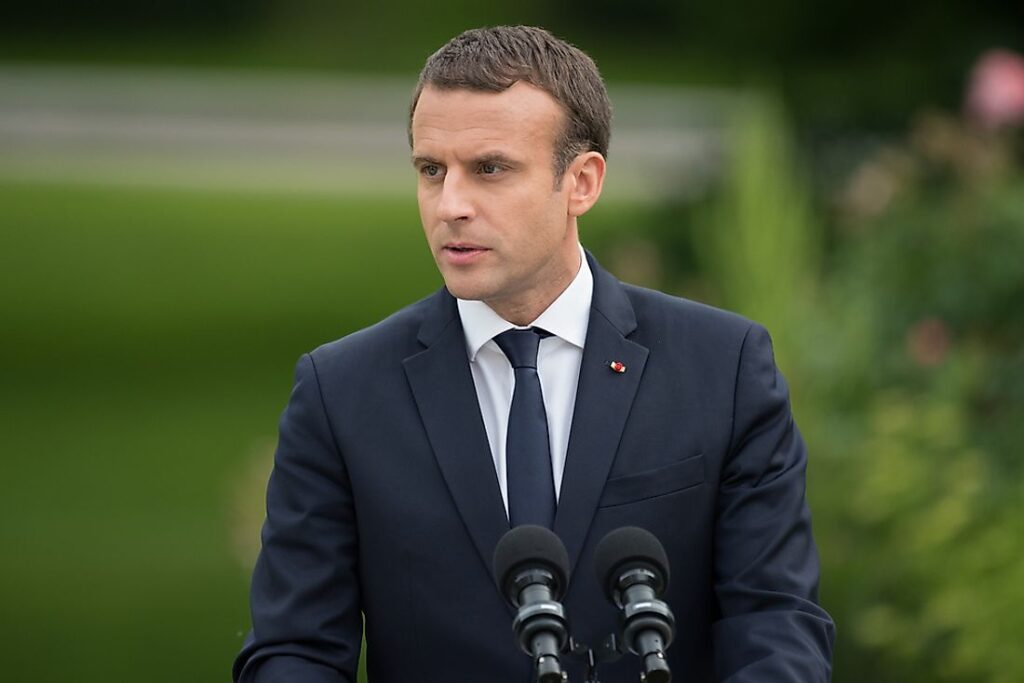The President of France holds a position of great significance and responsibility, serving as the head of state and the symbol of the nation’s unity. As the highest-ranking political figure in France, the President plays a pivotal role in shaping the country’s domestic policies, representing its interests on the international stage, and providing leadership during times of both calm and crisis. In this article, we will explore the role and responsibilities of the President of France, the process of election, key powers and functions, and the impact they have on the nation’s political landscape.
- The Office of the President: The President of France serves as the embodiment of the French Republic. The office carries both ceremonial and executive powers, representing the unity and sovereignty of the nation. The President is elected by the people and is entrusted with the task of upholding the constitution, safeguarding democratic principles, and ensuring the welfare and progress of the country.
- The Election Process: The President of France is elected through a direct popular vote held every five years. Candidates must gather support through nominations from elected officials or by obtaining a specific number of signatures from citizens. The election process involves multiple rounds, allowing voters to choose among several candidates in the first round and subsequently narrowing down to a final run-off between the top two candidates.
- Powers and Functions: The possesses significant powers and functions that shape the nation’s political landscape. These include the ability to appoint the Prime Minister, who leads the government, and to dissolve the National Assembly in certain circumstances. The President also presides over the Council of Ministers, where key policy decisions are made, and serves as the commander-in-chief of the armed forces. Additionally, the President represents France on the international stage, engaging in diplomatic relations and participating in global forums.
- Leadership and Decision-Making: The President’s leadership and decision-making play a vital role in guiding the country. They set the political agenda, propose policies, and work with the government to implement reforms. The President’s decisions and actions are influenced by their political vision, public opinion, and the need to address pressing national concerns. Their leadership style and ability to build consensus within the political landscape can greatly impact the effectiveness and success of their tenure.
- Impact on the Political Landscape: They hold a significant position in the country’s political landscape. Their policies and actions shape the direction of the nation, influencing economic growth, social policies, and international relations. The President’s ability to forge alliances, build coalitions, and navigate political challenges can determine the success of their agenda and shape the balance of power within the government and the wider political spectrum.

The occupies a vital role in the nation’s political landscape, serving as the embodiment of its democratic principles and providing leadership in domestic and international affairs. With their powers, functions, and decision-making authority, the President wields significant influence in shaping policies, guiding the government, and representing the nation’s interests on the global stage. As the highest-ranking political figure, the President’s vision, leadership, and ability to navigate the complexities of the political landscape play a crucial role in shaping the course of France’s future and its position in the world.